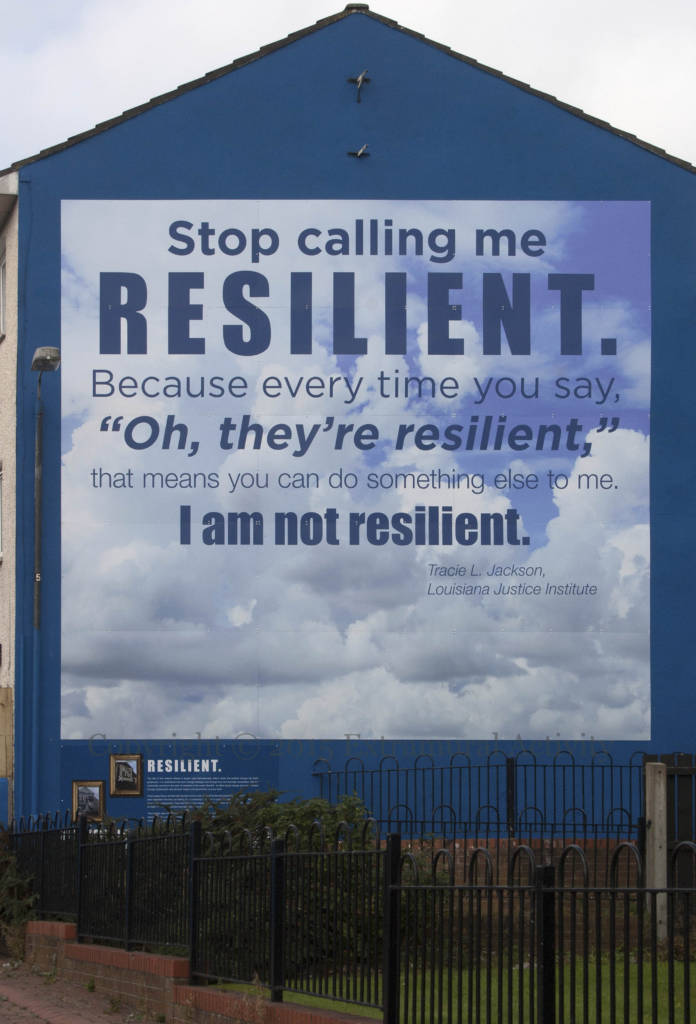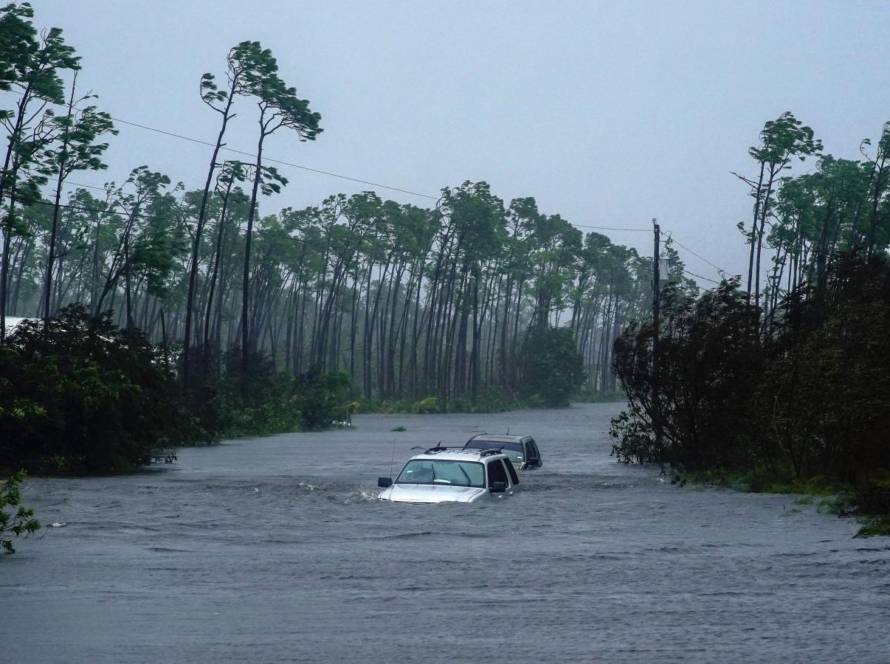The Bahamas is in a dangerously uncertain position. Hurricane Dorian caused immense damage to the physical landscape of Abaco and Grand Bahama, and the mental landscape of the entire nation during its 3-day rampage. Surrounding the topics of creating strategies to recover from these losses, a fashionable buzzword pops up frequently: resilience.
The survivors of Dorian have been lauded for showing huge levels of ‘resilience’ in the face of such a devastating event. Government Ministers and leaders of international NGOs have noted how impressed they were with the resilience shown by the Bahamian people. A problem with seeing resilience as a character trait that you either have or you don’t suggests that survival and adaptability is dependent upon the efforts of the individual and not the institutions and systems in place that should make survival achievable. It implies that with will and determination we can overcome and return to normal. Ultimately, the idle language of resilience becomes a protective barrier from looking at the administrative and legislative weaknesses in disaster management in our country. The fundamental issue arises when key players and institutions subscribe themselves to the belief that our residents can withstand and put up with environmental degradation, unsustainable practices and short-sighted policies and strategies because we made it through once and we can do it again.
But we cannot do it again.
Hurricane Dorian showed us that throughout the years we have been heavily dependent on the willingness of Bahamian residents to struggle and suffer through natural hazards and return to their sense of normalcy–more suffering and struggling. We have been complacent with the bare minimum in our nations disaster preparedness and response strategies. We have been labelled ‘resilient’ instead of our policies and strategies evolving with new standards of living and a changing global climate.
But there’s reason to be hopeful, right?
The current administration in May 2020 named the 2020/21 budget ‘Resilient Bahamas: A Plan for Restoration’ with the aim of “planting the seeds for accelerated recovery to transform the current crisis into an opportunity”. Once again we find our leaders focused more on the economic costs instead of the immediate human costs; the focus is on financial stability and not on creating a culture of sustainable disaster preparedness. Creating special economic recovery zones, a new government ministry without a vision, and a disaster recovery authority is a drop of water in an ocean of hurdles. It has become glaringly obvious that The Bahamas is unable to handle another extreme disaster event like Hurricane Dorian. We are now living in a world where multi-hazard events like experiencing a hurricane or earthquake or volcanic eruption in the midst of a global pandemic are very real with unpredictable impacts.

It is time to think long-term and approach disaster risk holistically. Resilience as a plan to return to the status quo is no longer feasible as we are hit with more intense and frequent disasters. If we took resilience seriously we would focus more on our human systems to address and evolve with our rapid environmental changes, technological advances and climate change. It is time to change the odds instead of thinking the Bahamian people will always beat the odds. With hurricane season less than a month away and continuously inadequate preparedness strategies, we are once again left in a dinghy with no paddle to face a new breed of disasters.



